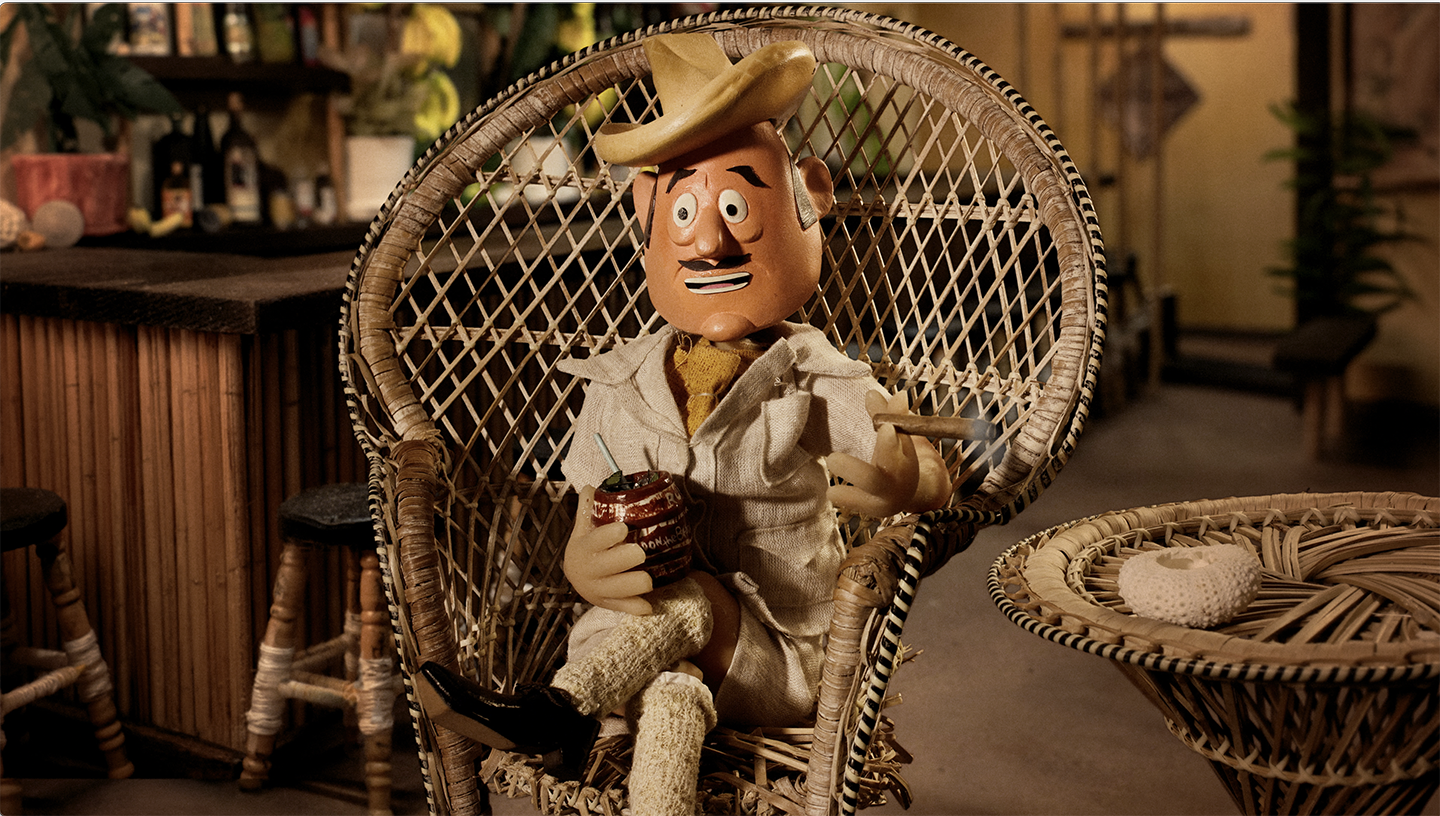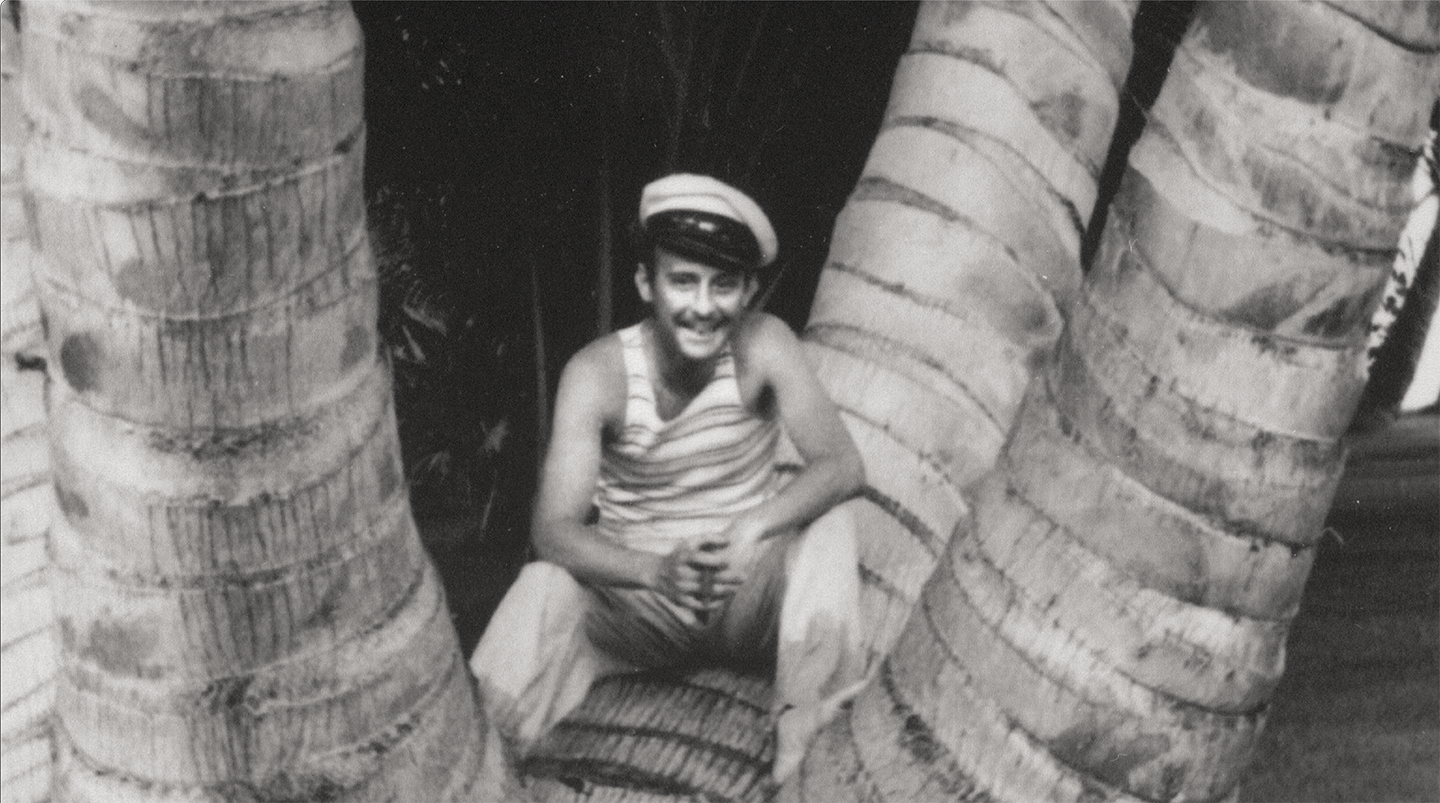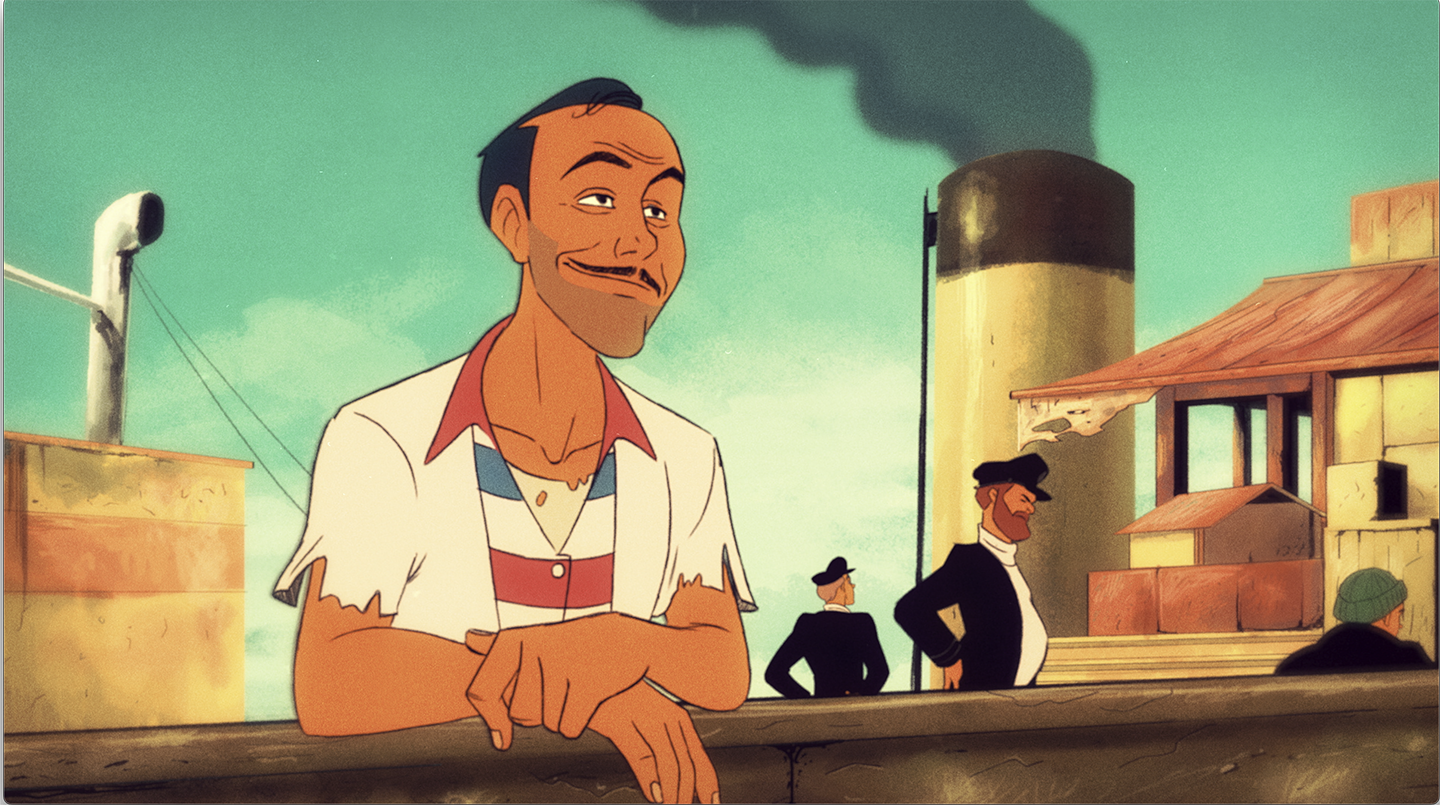
The Donn of Tiki

Audio By Carbonatix
Call him Donn Beach, or Don Beachcomber, or Ernest Raymond Beaumont Gantt, the name he was born with in Texas in 1907. If you must, call him a fake and a cultural appropriator. But you can also call him a master showman, the man who single-handedly invented a new style of drink and bar culture that is having a resurgence today.
It’s tiki culture, as exemplified by places that serve fruity, rum-soaked drinks with umbrellas amidst decor that leans hard on sunshine, beaches, palm trees, hula dancing and Polynesian food.
Yes, it’s all a facade, a Hollywood version of a Pacific Islander stereotype. Beach (the name he took legally as an entrepreneur) appropriated and mashed-up a lot of cultures he’d experienced as a wandering young man in the 1920s and ’30s, when he learned to love rum in the Caribbean and admired the tropical exoticism of the Pacific Islands.
The man invented himself, and then reinvented himself when he founded the first Don the Beachcomber restaurant in Hollywood, which became a celebrity hangout in the pre-WWII years and then expanded to national franchises. He joined the military during war; upon his return, he found that he’d been frozen out of his businesses by his soon-to-be ex-wife and her business partners. He ended up in Hawai’i, where he was legally allowed to use his restaurant’s name. That’s what he did, and he built Don the Beachcomber into a tourist attraction on Waikiki Beach.
As a white guy in love with island life, he created a restaurant and bar style that is popular to this day, igniting a national fascination with Hawai’i and native culture. According to legend (his legend), Donn Beach invented the Zombie and the Mai Tai (though some think that Trader Vic, who opened his tiki bar in Oakland a few years after Beach opened the original Don the Beachcomber, served the first Mai Tai) and other now-famous drinks, keeping his complex drink recipes secret.
Controversies continue to swirl around the legacy of this self-made man.
These are all discussed in The Donn of Tiki, an entertaining new documentary by directors Alex Lamb and Max Well, who are not necessarily tiki fanatics but may have had their share of drinks that could go under that umbrella. Research, you know. The pair met in college and then formed a production company to make promotional films and commercials. Finding a biography of Don Beach, they became intrigued – he was so brazen about creating his persona, both during the Depression (and Prohibition, which ended in late 1933) and post-war America.
The Donn Beach story began as a short film, not a feature-length documentary. “My directing partner, Alex and I, we set out to do this short piece,” Well says. “This was in 2020 during COVID, when everything was shut down, we were going to do a short piece on a couple of the old tiki bars in LA where we live. We started doing a little bit of research and talking to people, and multiple times we heard something to the effect of, you know, none of this would have happened if it wasn’t for Don the Beachcomber.”
A little bit of digging into Donn Beach led the filmmakers to where they are now. “It was one of those things where it was sort of a rabbit hole, you know, the more we learned about his life, we just became fascinated,” Well notes. “We realized that this wasn’t going to be a short film, it was going to be a feature, because there’s just so much material.”
The filmmakers used Kickstarter to raise funds for the production, and what had started as a months-long project turned into years.

Donn Beach in his younger Don the Beachcomber days.
The Donn of Tiki
The film focuses on Beach’s long, strange trip of a life, ending with his death in 1989, and features footage of the man and extensive interviews with his second wife, Phoebe Beach. But The Donn of Tiki isn’t a typical doc with archival photos and videos of people speaking fondly of the subject. Well and Lamb found ways to make the story entertaining to watch, using a claymation Donn Beach to go with audio interview recordings they could use, and an animated Beach showing his early days as a world-traveling rogue.
The visual richness and topic of the documentary was applauded by the James Beard Foundation: The film was nominated for the 2025 James Beard Media Award in the Visual Media – Documentary category.
The pair address the complexities of Beach’s appropriation/appreciation, because without efforts to promote indigenous culture in his adopted home in Honolulu, as a professor notes in the film, tourism to Hawaii would not have caught on as it did in the 1950s and ’60s. He was the one who started the nightly hula dances and luaus on the beach at Waikiki, which might be tacky, but became part of the economic vitality when Hawaii became the fiftieth state in 1959.
“That was something that was really important to us while making the film…a lot of the aesthetics of tiki kind of pull from Polynesian culture, and we wanted to make sure that we heard from folks with that background,” says Well.
“I really wasn’t into tiki in any way,” he admits. “Before this, I had been to a couple of tiki bars. I thought it was just kind of a fun, you know, kitschy sort of thing. I had no idea at all when we started how influential Don Beach was to the Hawaiian tourism industry. Do you think about going to Hawaii and wearing a lei and going to a luau? I mean, a lot of that stuff can be traced directly back to Donn.”

Animated version of Donn Beach.
The Donn of Tiki
Now the documentary is going on a road tour of cities as a precursor to (hopefully) making the film festival rounds, and Well will be on hand for a screening at the Mayan Theatre on July 9.
We’ll drink to that!
The Donn of Tiki will screen at 7:30 p.m. Wednesday, July 9, at the Mayan Theater, 110 Broadway, with director Max Well in a Q&A following the film; pre- and post-show parties and specials will be offered at Adrift Tiki Bar, 218 South Broadway.